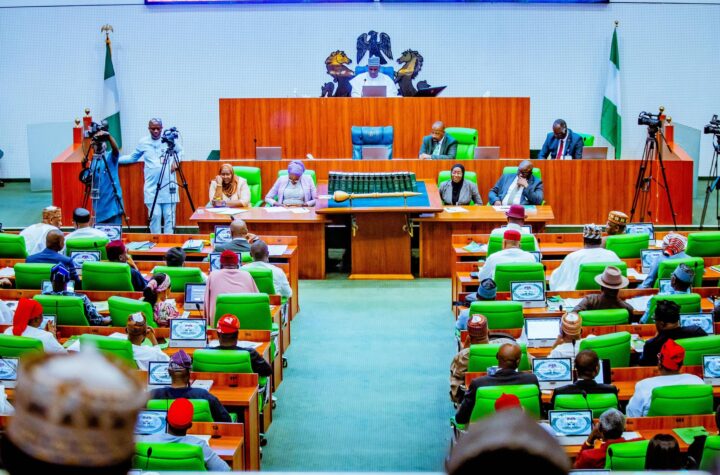By Mercy Aikoye
The House of Representatives has called for a review of the Budgetary Allocation of the Bureau of Public Procurement (BPP) to ensure proper oversight over 800 Ministries, Departments, and Agencies (MDAs).
This decision follows a motion of urgent public importance moved by Hon. Unyime Idem on the House floor. The review aims to enhance the implementation of established procurement policies and due process compliance.
A key challenge is the Bureau’s current budgetary allocation of N2.2 billion, which is deemed grossly inadequate for effective monitoring and surveillance of Federal Government procurement and ongoing projects across Nigeria’s six geopolitical zones.
Hon. Idem expressed concern that the existing funds fall short of meeting the extensive responsibilities of procurement audits. This inadequacy is particularly worrisome given the prevalence of procurement corruption in Nigeria’s public sector.
Procurement corruption accounts for over 70% of corruption in the public sector, emphasizing the need for enhanced implementation of procurement policies and due process compliance in line with global best practices.
To address this, the House resolved to urge the Federal Government to review the Bureau’s budgetary allocation in subsequent budget estimates. This adjustment would enable the Bureau to successfully discharge its core mandate.
The House also encouraged the Bureau to collaborate with relevant stakeholders, including MDAs, Civil Society Organizations, and the National Assembly. This partnership aims to enhance the provision of a legal and institutional framework and professional capacity for public procurement in Nigeria.
The Committees on Public Procurement and Appropriations have been mandated to follow up and ensure an upward review of the Bureau’s budgetary allocation in subsequent budget estimates.
Ultimately, this review seeks to promote transparency, accountability, and holistic development in Nigeria’s public procurement processes.



